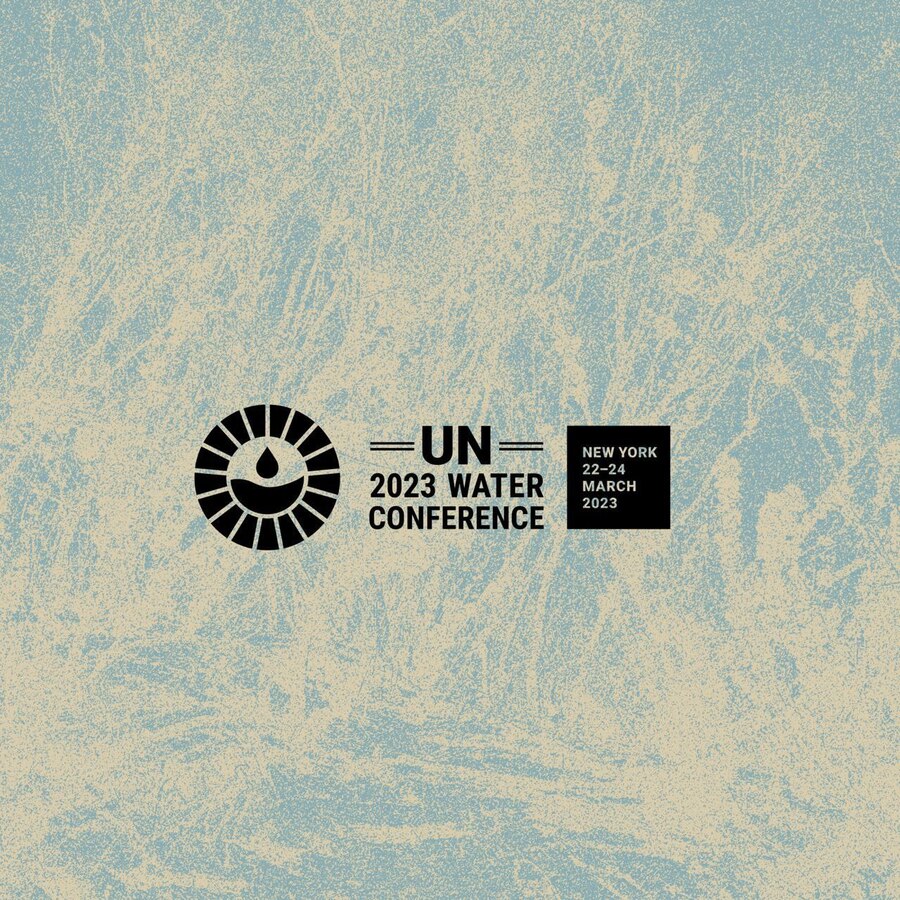Participants of the following panel discussion titled “From Art to Action: Transforming Desert to Forest for the Revival of the Aral Sea Region” included climate scientist Michael Glantz, Director, Consortium for Capacity Building, Senior Research Associate at the Institute of Arctic and Alpine Research, Social scientist and professor at the University of Colorado, Boulder; Tatjana Sprick, Director of Program and Development at dieDAS – Design Akademie Saaleck; Markus Reymann, Director of TBA21; Yusup Kamalov, Head of Department of Renewable Energy at Karakalpak branch of the Academy of Science of Uzbekistan; Oktyabr Dospanov, Historian and Archaeologist at the Nukus Museum of Art; and Jennifer Topping, Executive Director at the UN Multi-Partner Trust Fund Ofce in New York. They discussed the role of art, design, and science in addressing the problems of the Aral Sea region and its local inhabitants.
The Aral Sea, formerly the fourth largest lake in the world, began to dry up in the 1960s due to the unsustainable use of its water for irrigation. The consequences have been catastrophic for the region, leading to the collapse of the ecosystem and irreparable harm to the lives of 60 million people.
"The crisis of the Aral Sea is a devastating reminder of the consequences of human environmental neglect. In Karakalpakstan they still mourn the Sea astray would a human. And we are setting an ambitious task — to turn the dried-up floor of the Aral Sea into a garden. So, it is now becoming a symbol of hope and renewal. The Aral Cultural Summit unites artists with local farmers, creating sustainable ties in the field of biodesign for cultivation of new plants, and thereby designing a strategic plan for the next 10 years. This will become a center of change for the local community. A sea of change is on the horizon and we hope you will embrace it with us." — said Saida Mirziyoeva, Head of the communications and information policy sector of the Executive Office of the Presidential Administration of Uzbekistan.
The Government of Uzbekistan has developed long-term plans for transforming the dried-out eastern basin of the Aral Sea into a forest.
To support and highlight this initiative in the short-term, ACDF is organizing the Aral Culture Summit, a cultural program that brings together education, research, and art.
Gayane Umerova stated that “The Aral Sea serves as a stark reminder of the devastating consequences of human actions on the environment, and it serves as a model for the future planetary crisis. With the Aral Culture Summit, we are not only addressing a regional problem but working towards a more viable future for the planet as a whole. We frmly believe in the transformative power of art, culture, and design as catalysts for change and advocates for social and environmental issues. This is also the frst initiative dedicated to bio-design in Uzbekistan."
Activists, artists, environmentalists, and experts from various parts of the world will come to Karakalpakstan and explore ways to strengthen the human-planet relationship through art and science. The Aral Culture Summit will pay close attention to the traditional practices of the Karakalpak ethnic group and the connections between its culture and the natural environment.
Further details regarding the contents of the program and dates will be announced in summer this year.

